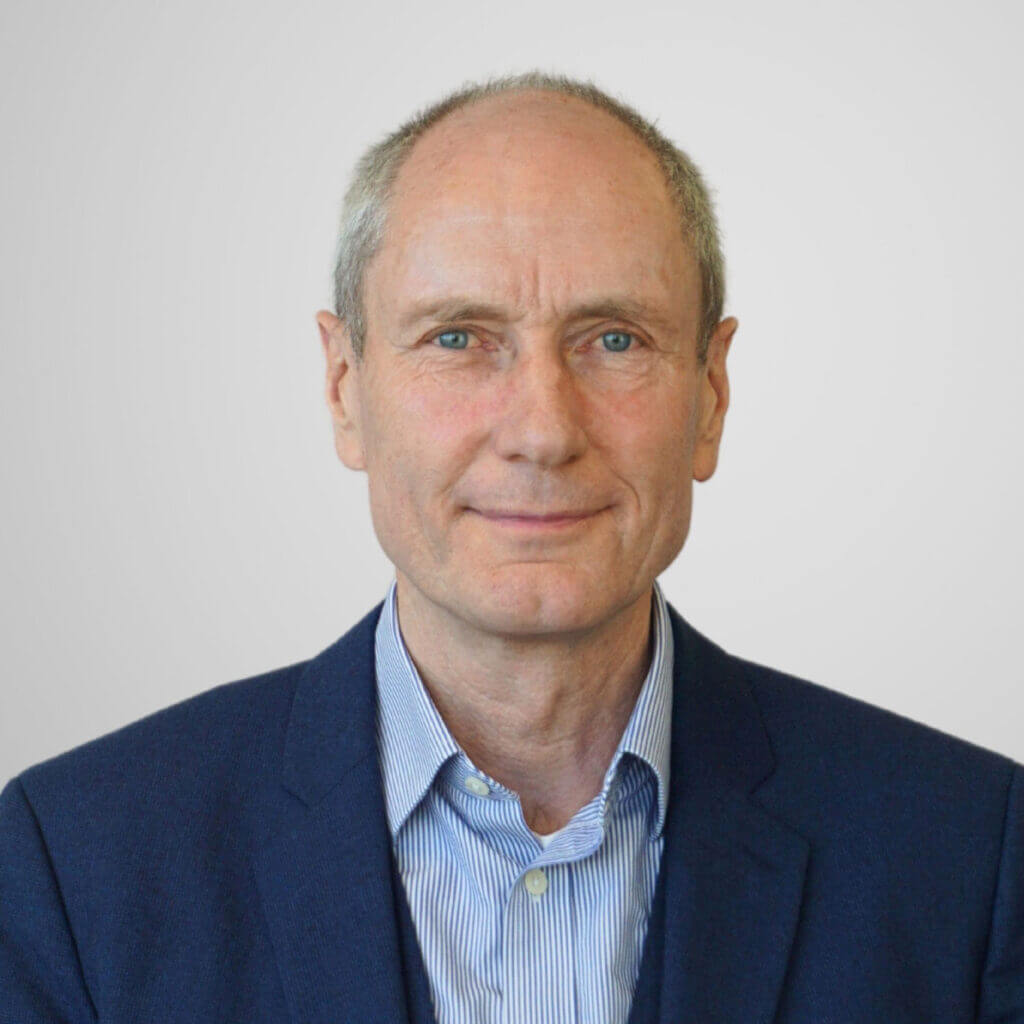Dr. Klaus Behrndt
Klaus Behrndt studied physics at the Universities of Greifswald and Berlin (HU). His diploma thesis was about boundary effects in second-order phase transitions, and his PhD dealt with string theory (high-energy physics). He holds the qualification of university professor in theoretical physics which he received from Humboldt University, Berlin.
He worked as a research assistant at various universities and research institutes, including the German Electron Synchrotron in Hamburg, the Universities of Berlin (HU) and Munich (LMU), the Stanford Linear Accelerator Center (USA), the California Institute of Technology (USA), the Max Planck Institute for Gravitational Physics in Golm, and the MPI for Physics in Munich.
From 2006 to 2010, Klaus Behrndt completed his training as a patent attorney and as a professional representative before the European Patent Office. From 2010 to 2016, he has worked as a patent attorney for various Munich law firms.
In his professional capacity as a patent attorney, he has gained technical expertise in a broad range of technology and patent law. In particular, he drafts patent applications for filing with the German Patent Office, the European Patent Office, and the US Patent Office. As a patent attorney he also provides legal advice such as freedom-to-operate analyses. In addition, he represents his clients in grant proceedings for domestic and foreign patent applications, has gained several years of experience in a wide range of opposition (appeal) proceedings before the European Patent Office, and supports his clients in fulfilling their obligations under the Employee Inventions Act.
Over the years, Klaus Behrndt has gained particular expertise in the following technical fields:
- Automotive engineering (braking systems, autonomous driving systems, driver assistance systems)
- Radar systems (location, beamforming, image display)
- Robotics (in particular cleaning robots)
- Semiconductor technology (in particular photovoltaic systems, RF filters, CCD sensors, LED, OLED, power transistors)
- Various sensors, including image recognition and optical filters
- Digital signal processing (mobile communications, video and audio encoding, MPEG, SBR, data compression)
- Artificial intelligence, machine learning, quantum computers
- Hardware simulations, cryptography
- Laser-controlled nuclear fusion

Dr. Klaus Behrndt
Partner, Patent Attorney / European Patent Attorney

